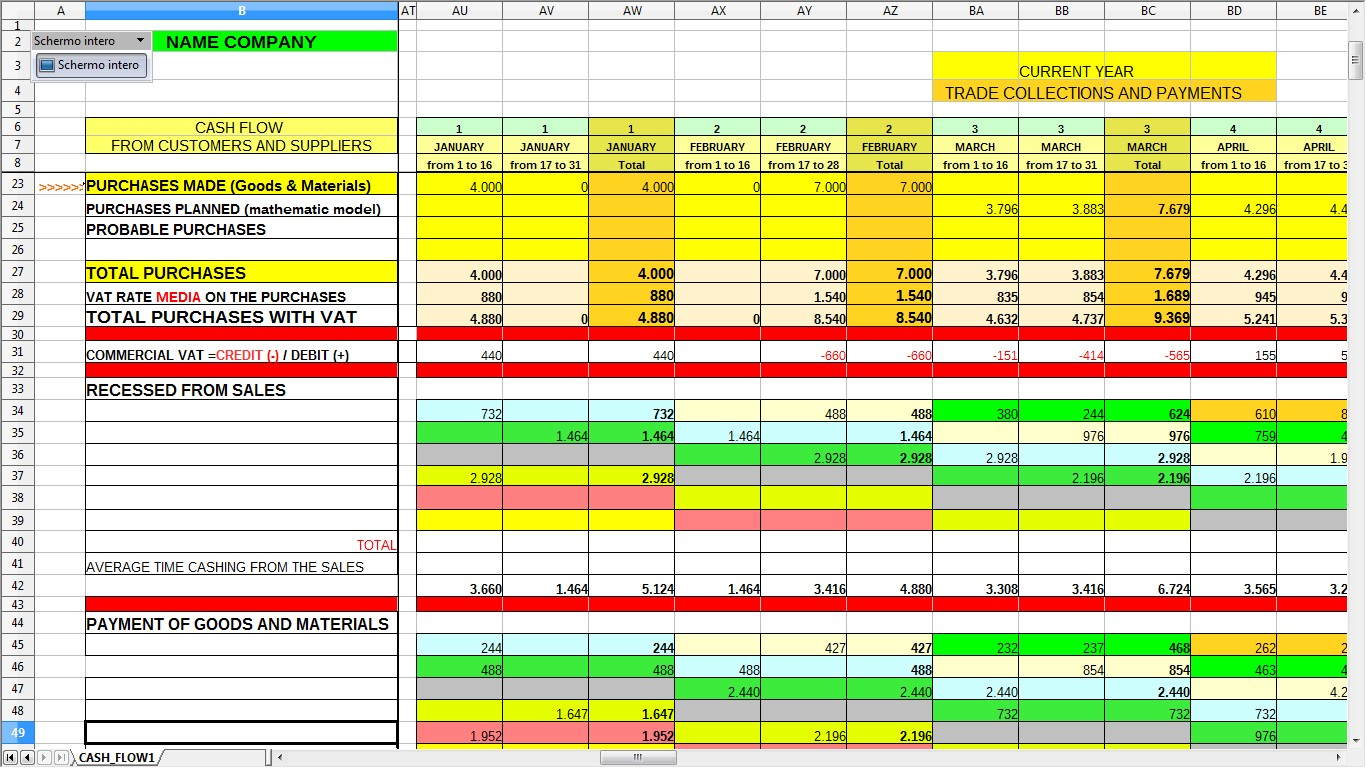

Number and Ages of Players: You can play The Game of Life with two to six players, or enjoy the “Twists and Turns” version with two to four players. You win the game by accumulating the largest net worth while choosing paths that simulate real-life choices, such as family size and career. Like Monopoly, it is now available in a variety of versions and has been revised several times. Originally created more than 150 years ago, The Game of Life has entertained and educated families for generations. Financial negotiation as cash dwindles and real estate holdings grow, giving players the opportunities to negotiate private mortgages to acquire more cash.Balancing cash flow by earning income (collecting cash as you pass “Go”) and saving.Dealing with financial blows, such as taxes and emergencies.Managing cash or financial transactions.

What Monopoly Teaches About Personal Finance: Monopoly teaches players money management and the impact of financial and investment choices and situations, such as: Number and Ages of Players: Monopoly requires two to six players, and is best suited for those ages eight and older. The winner is the player with the highest net worth determined by property and cash. Buy property, mortgage it, collect rent, and erect buildings while trying to avoid being thrown in jail and running out of money. First appearing in the early 1930s, Monopoly players move around the board, collecting cash and navigating situations assigned by “Chance” and “Community Chest” cards. One of the most well-loved board games of all time, Monopoly is available across countries in many versions and languages.
Printable cashflow 101 game how to#
Kiyosaki of “ Rich Dad, Poor Dad” fame created Cashflow 101 to teach players how to take charge of their personal finances, understand cash flow principles, and develop the confidence to make their own investing and real estate decisions.

Looking for a cash flow board game? Robert T. Board Games That Teach Financial Literacy 1. From well-known games like Monopoly, to the newer but wildly popular Cashflow 101, there are a number of fun, educational board games available to help people develop and master their financial management skills. Continual revisions to older games keep them relevant to today’s financial world while still teaching players how to build wealth and minimize debt. Some of today’s best money management board games have been popular for years.

Fortunately, money management lessons masquerading as games can make learning about finance easy and even fun. Boring educational material on money, credit, and investments can actually discourage people of all ages from learning valuable information that can help them make wise financial decisions.


 0 kommentar(er)
0 kommentar(er)
